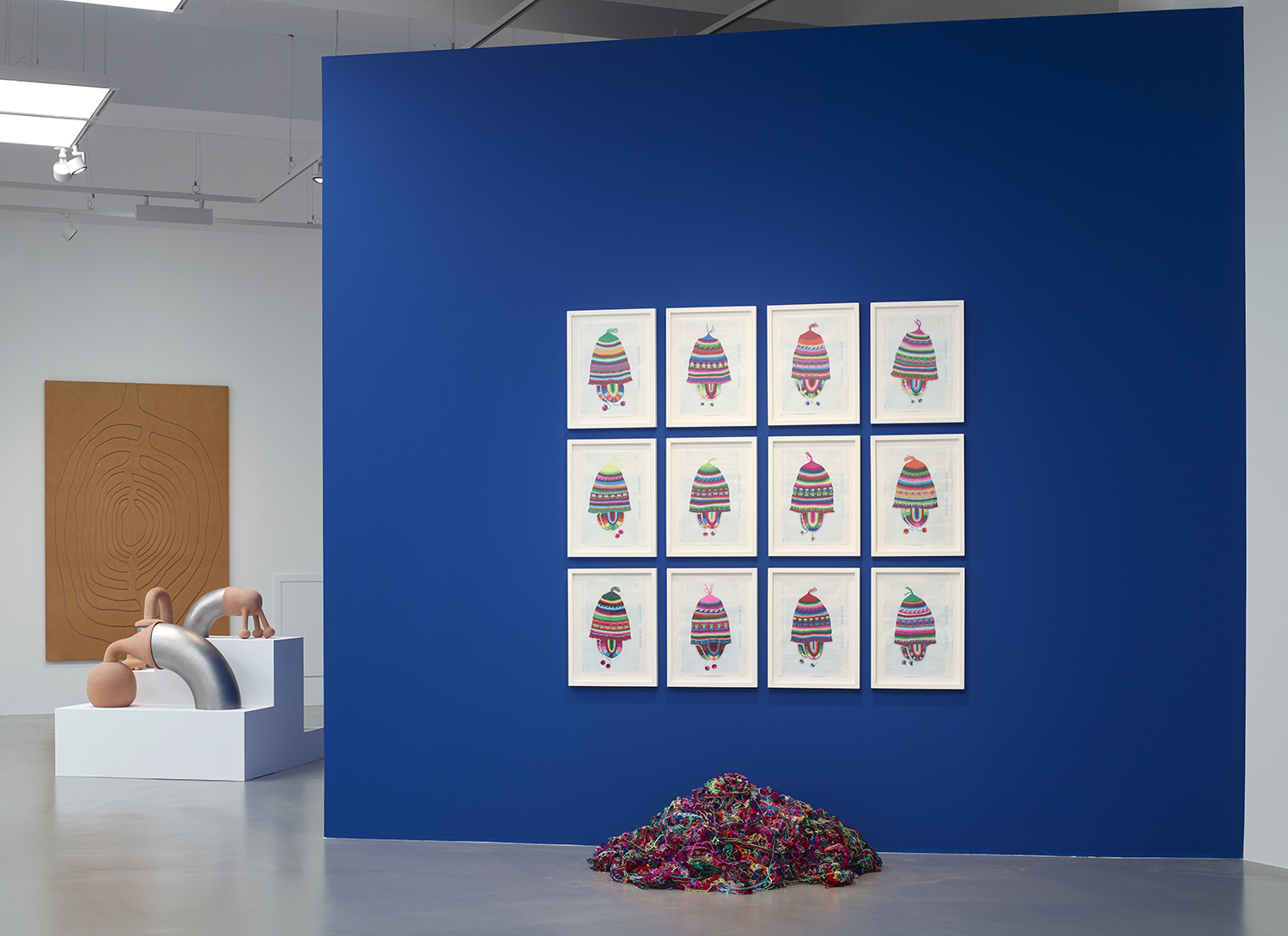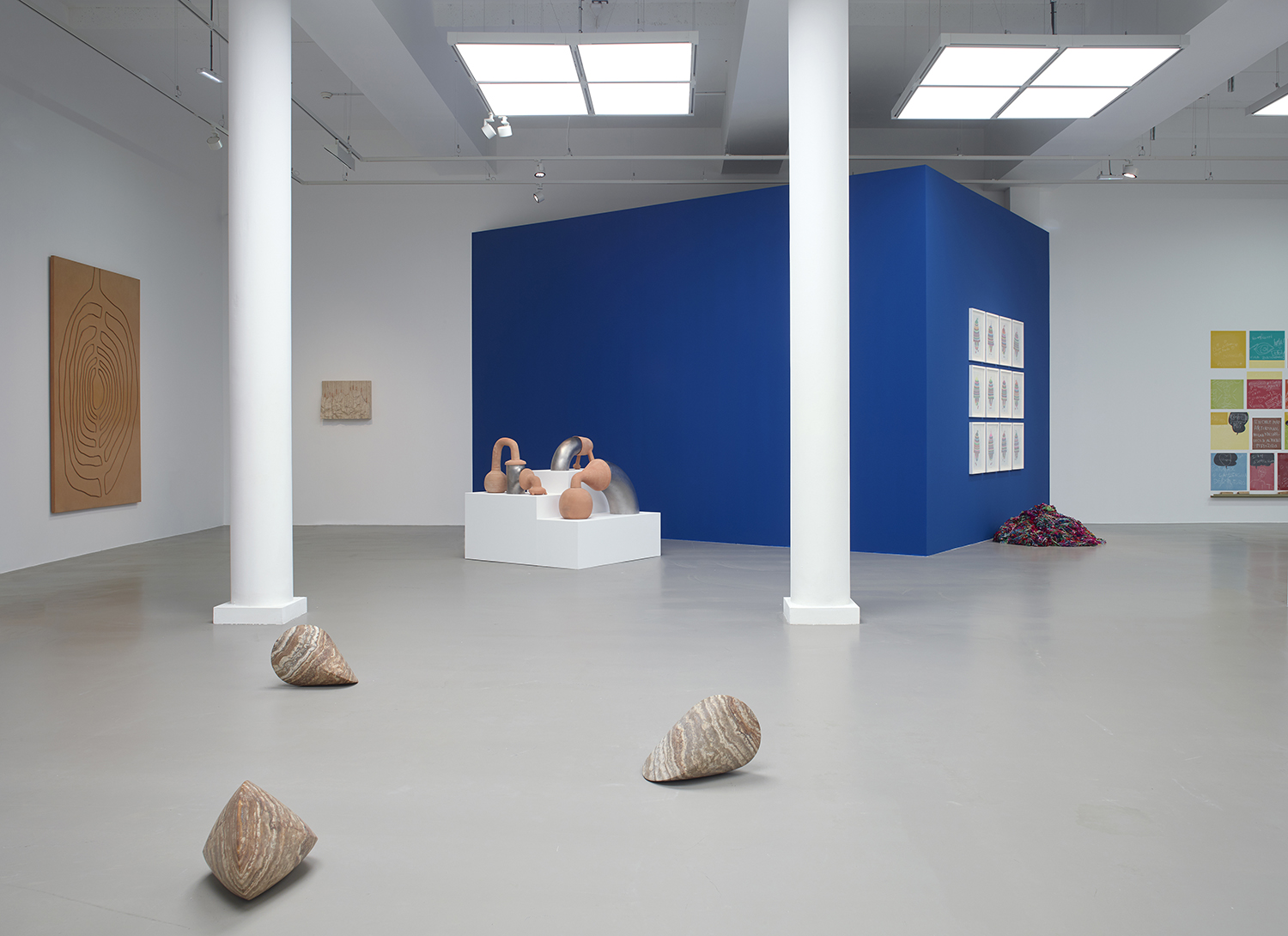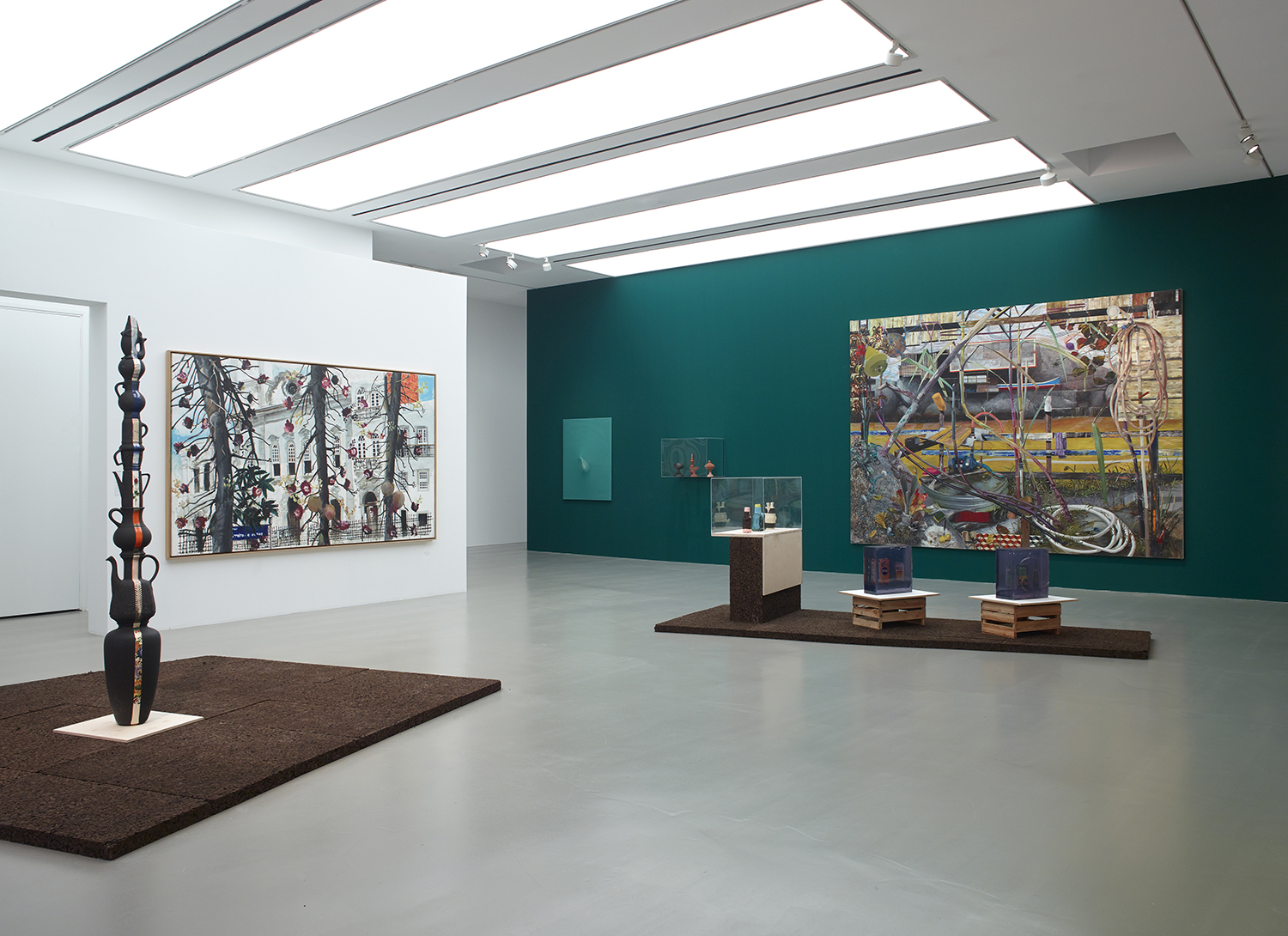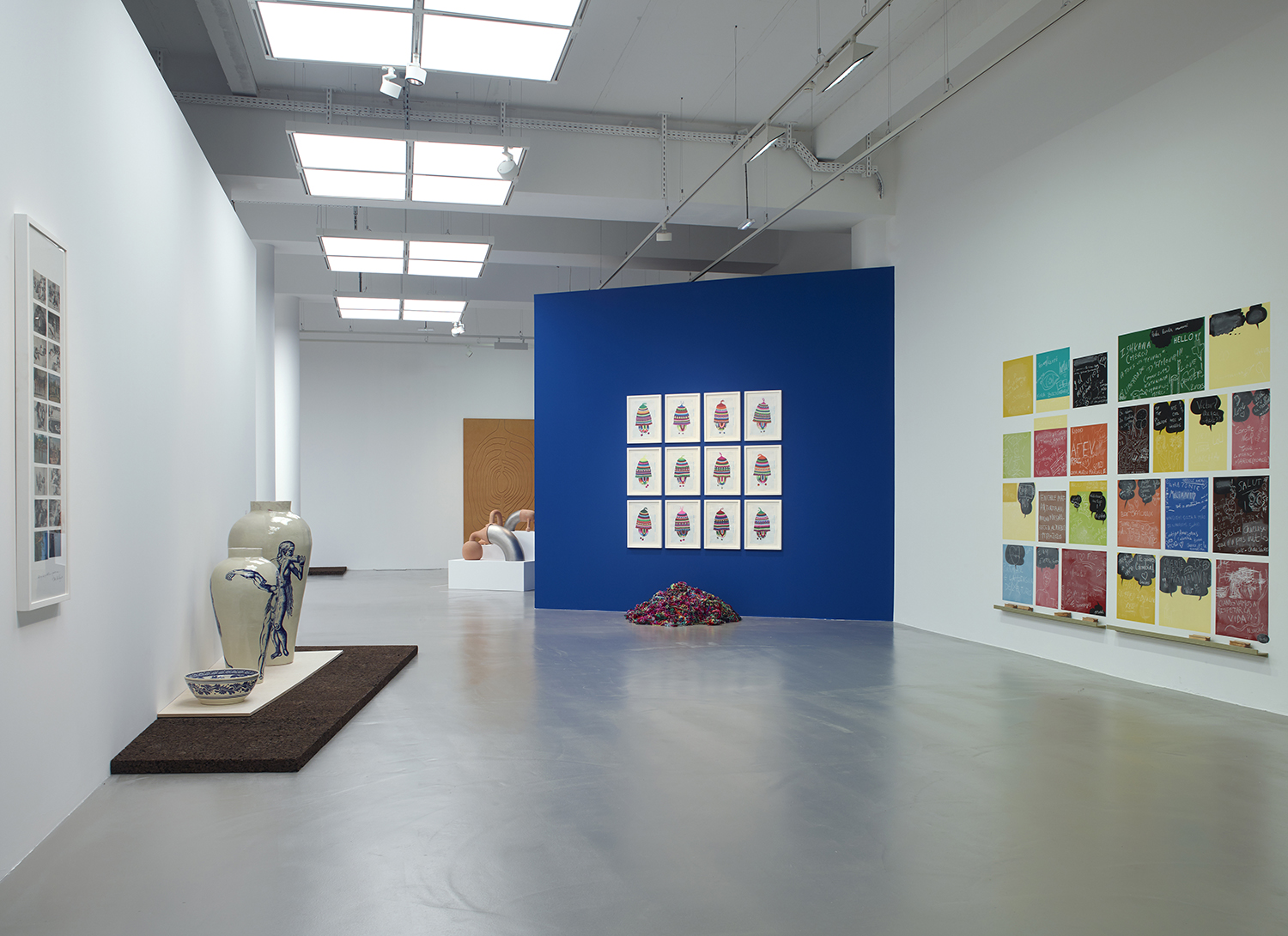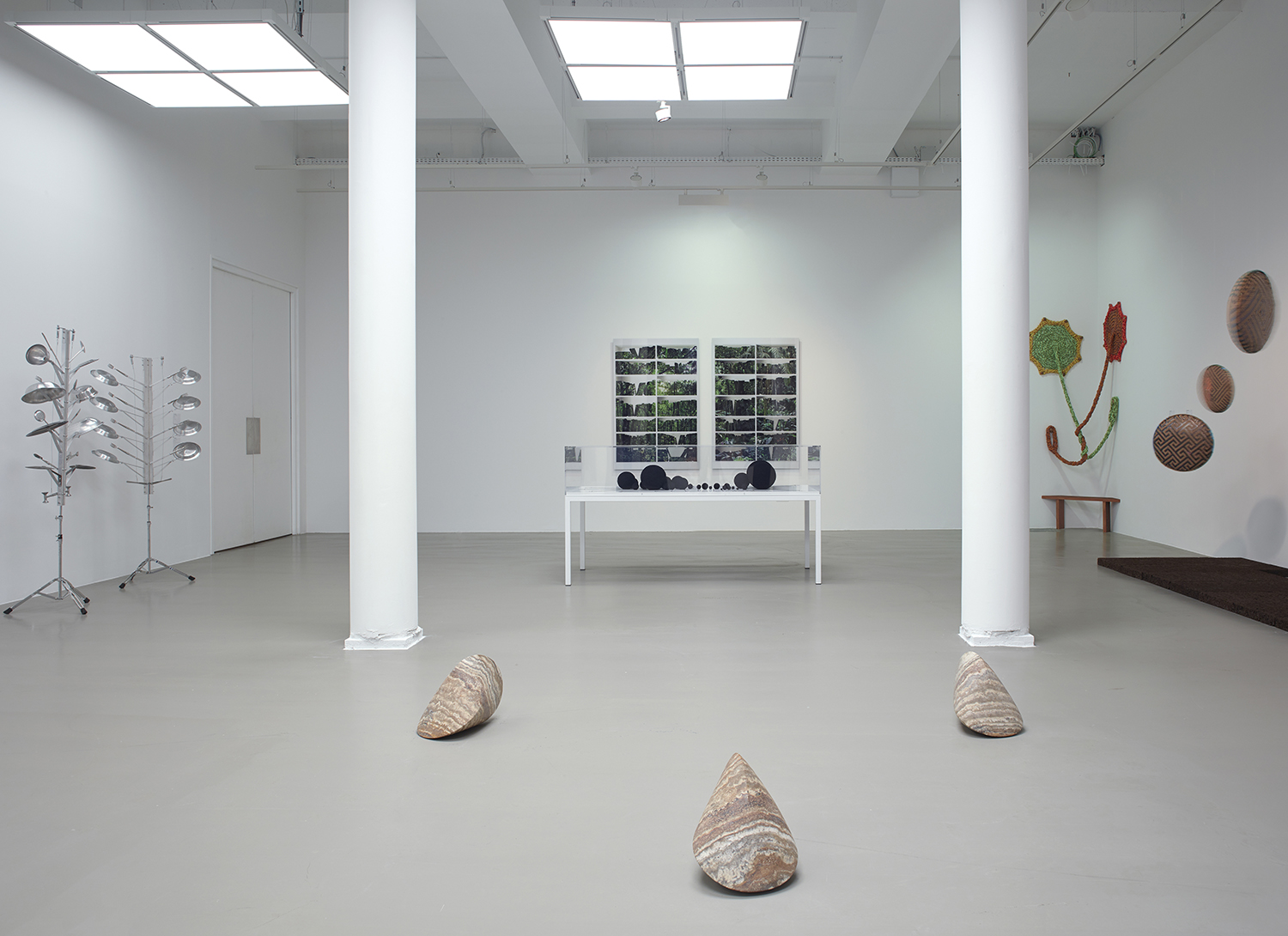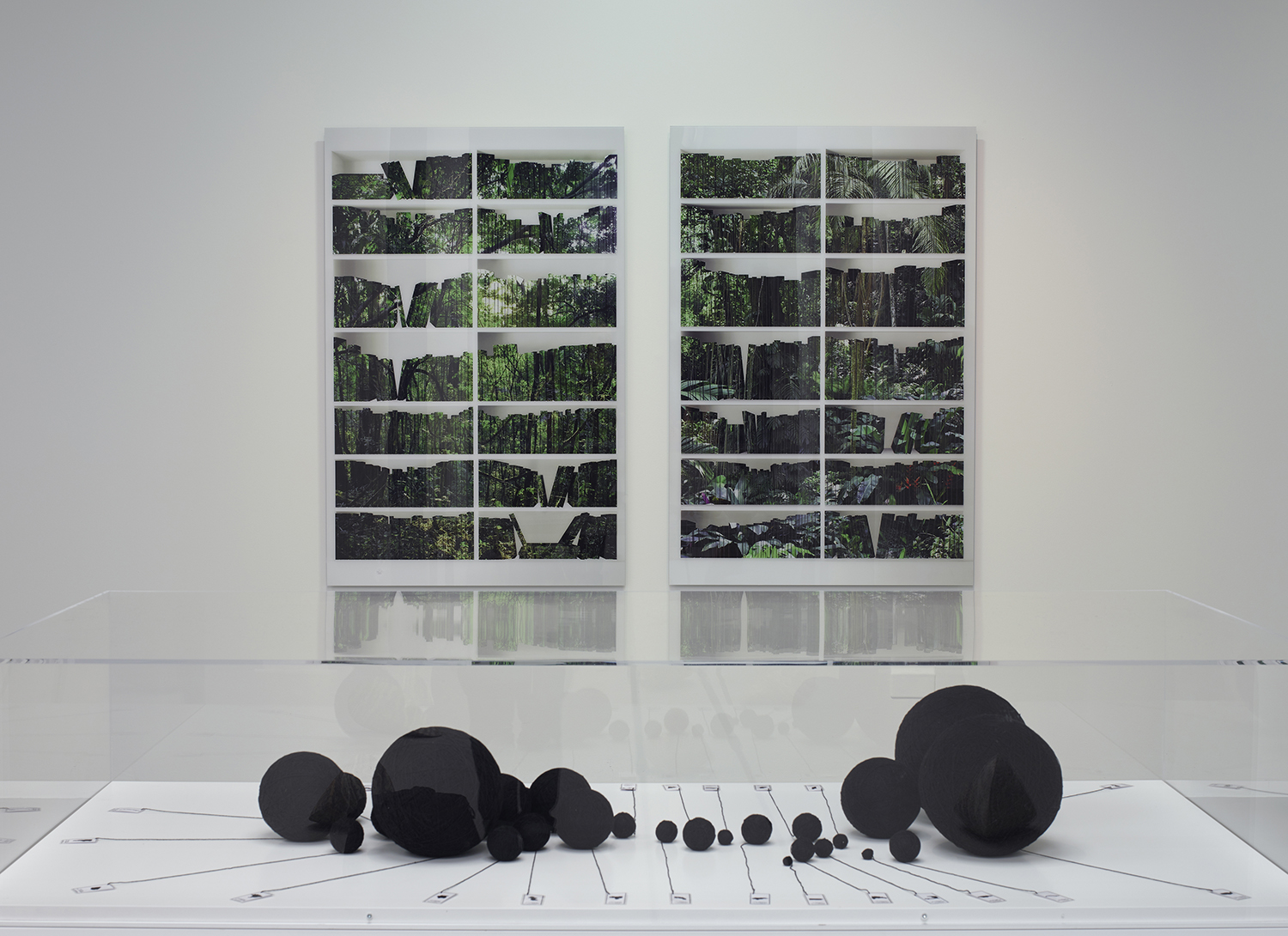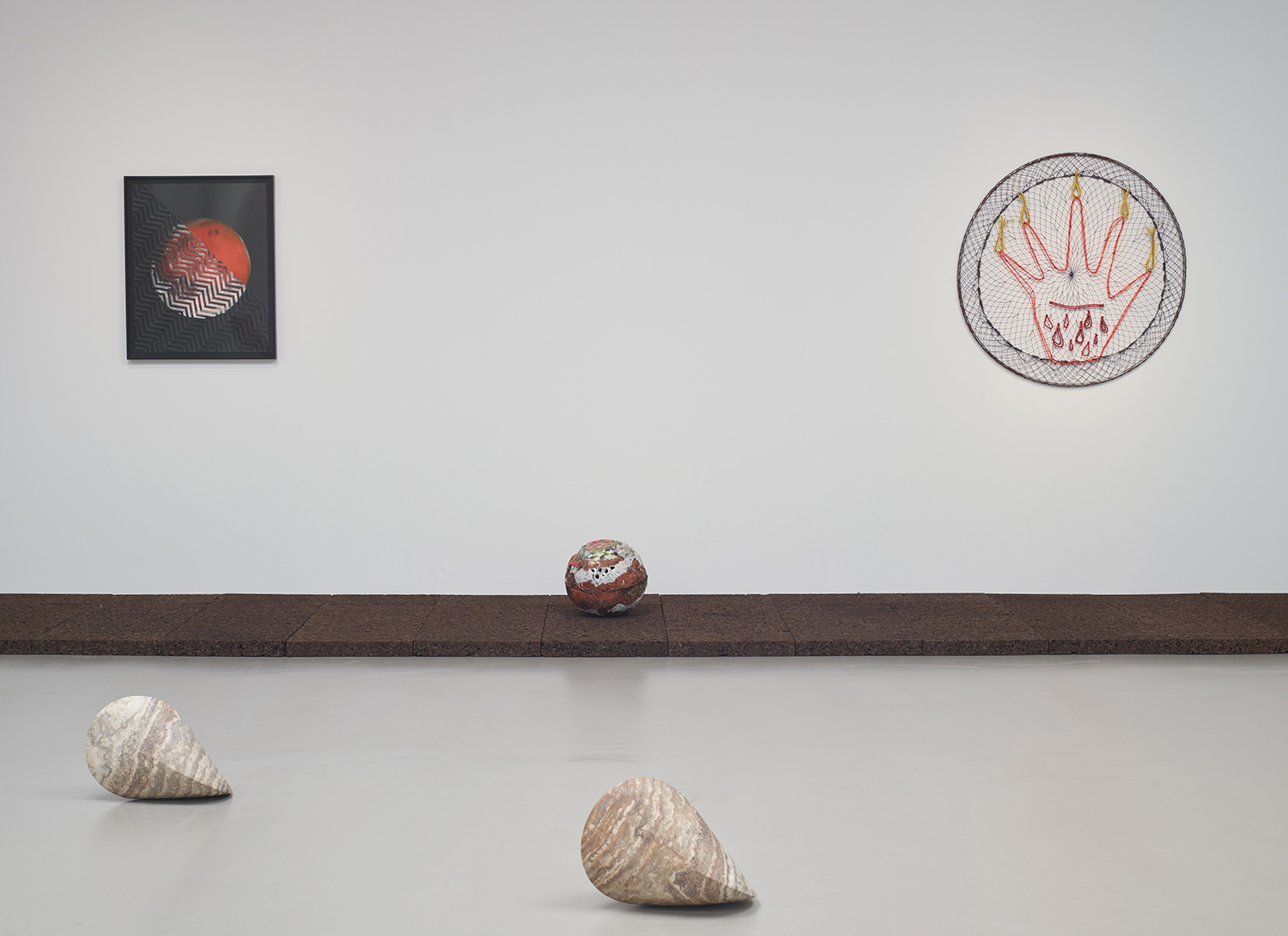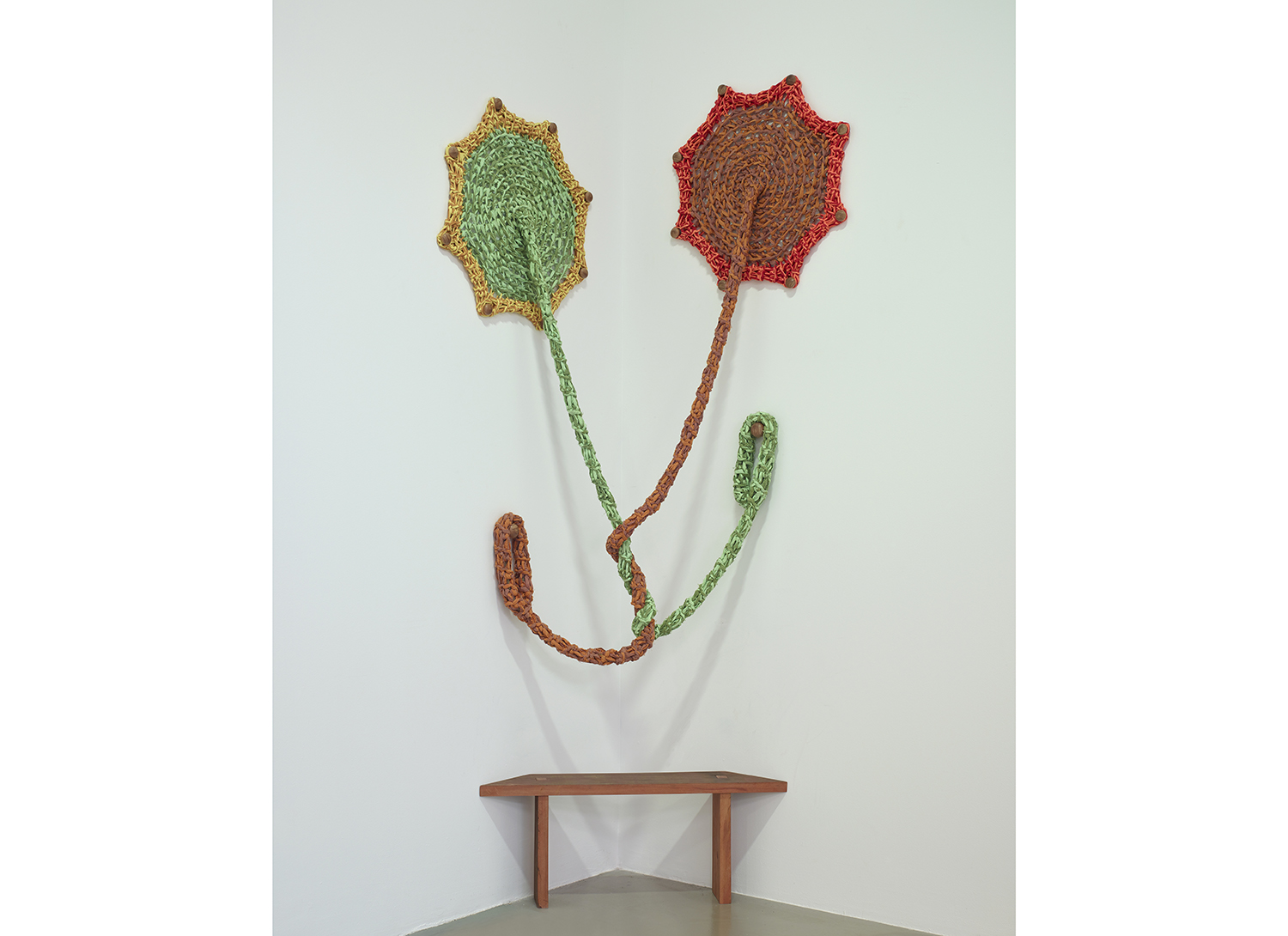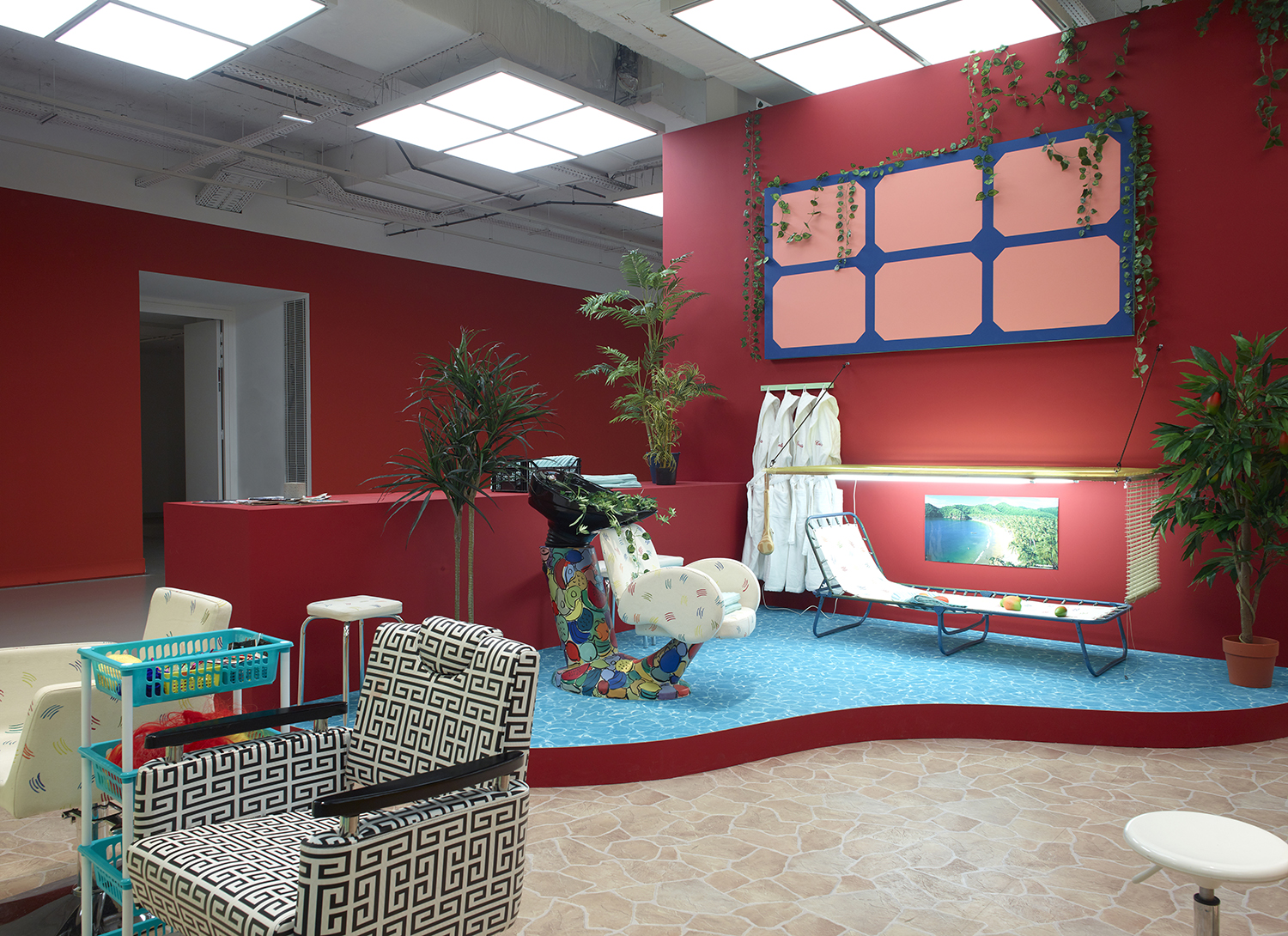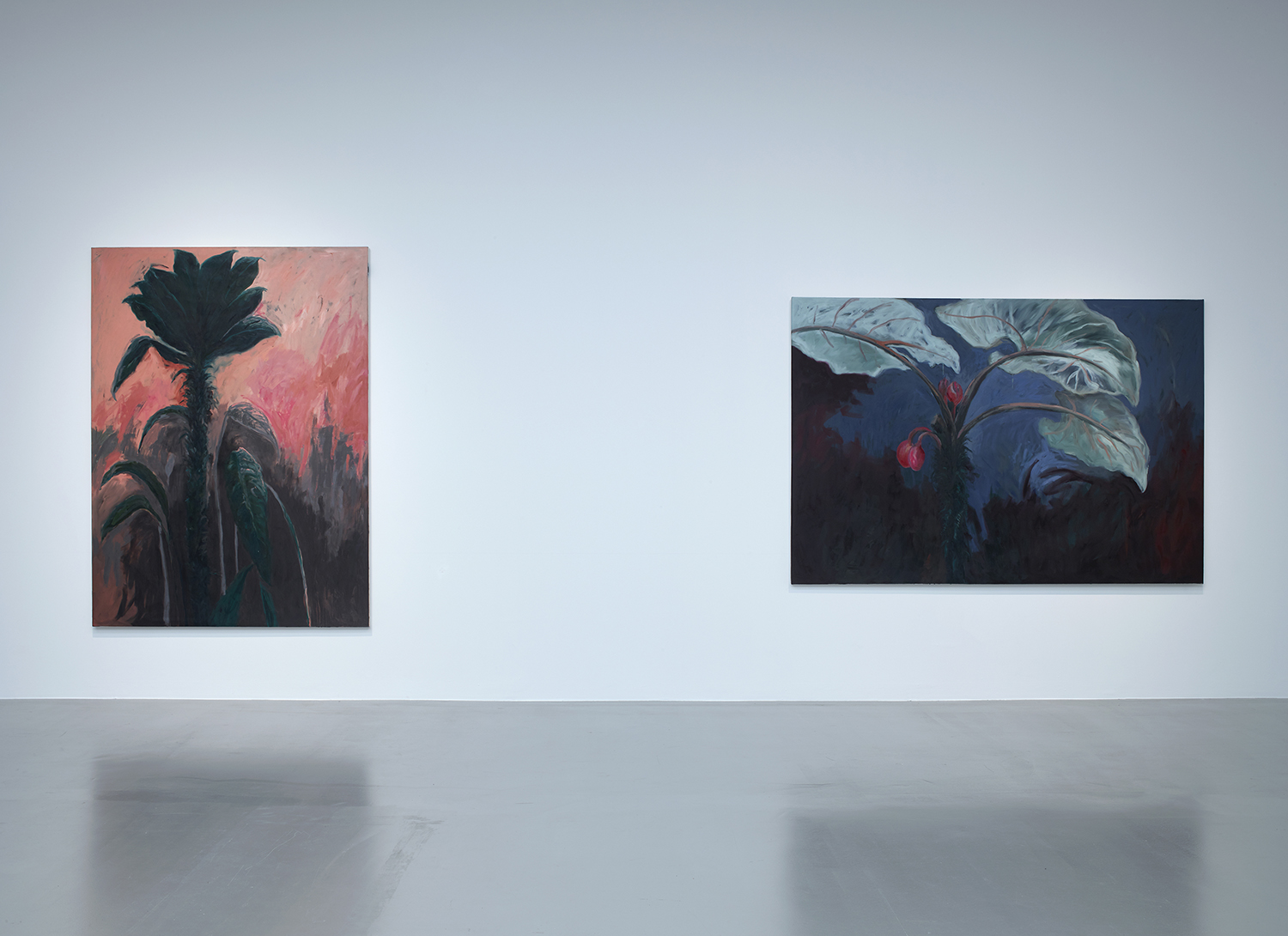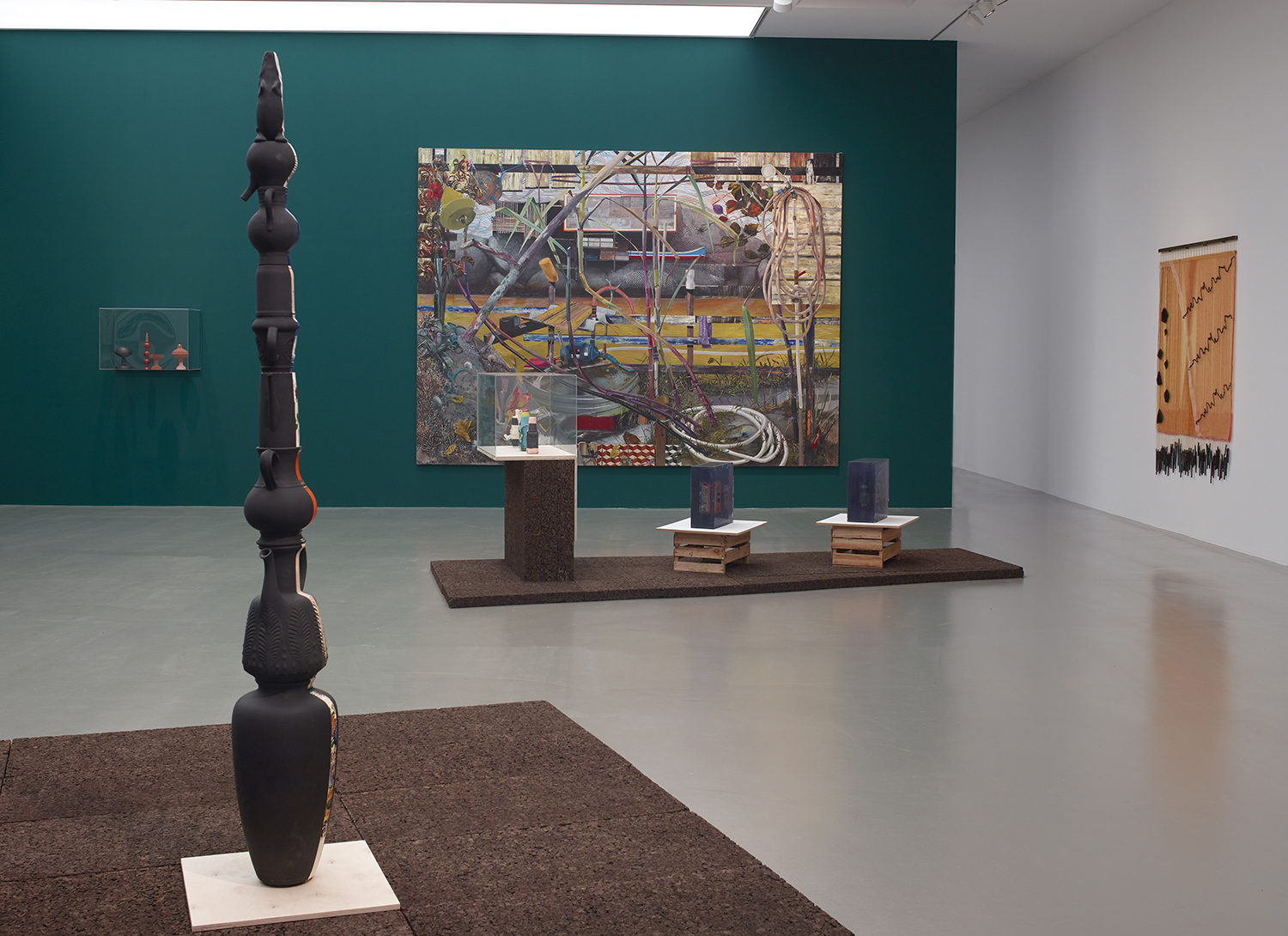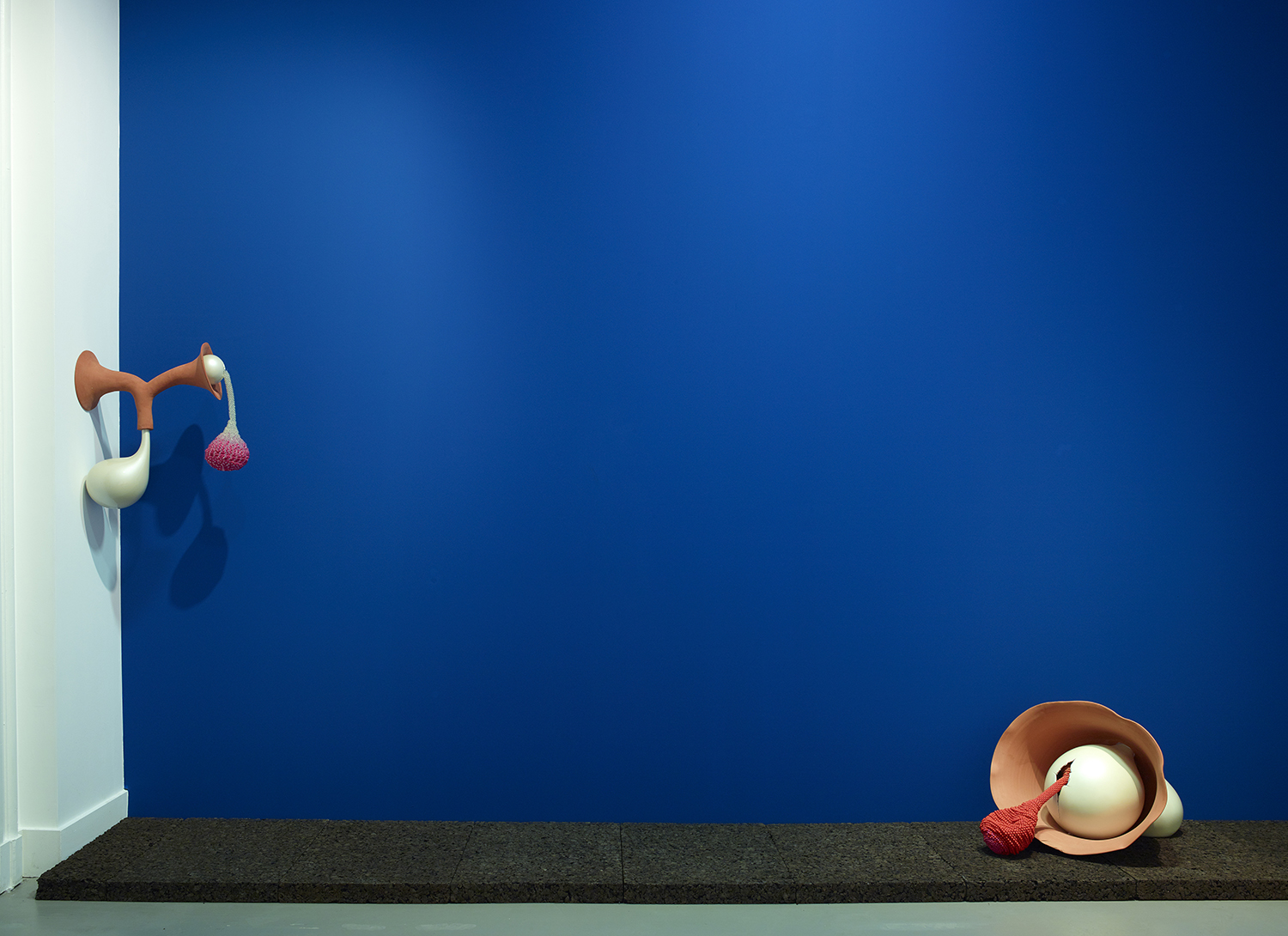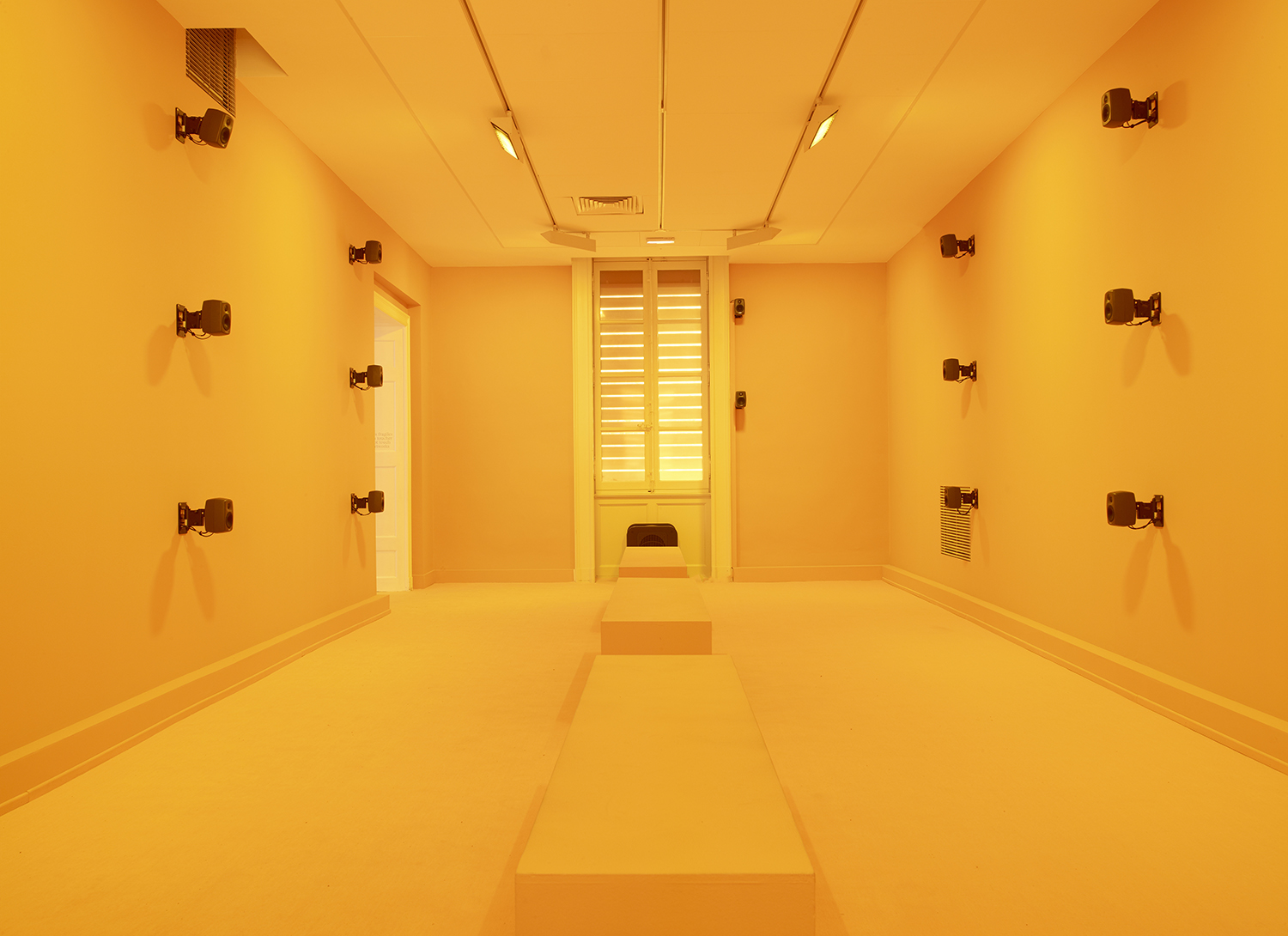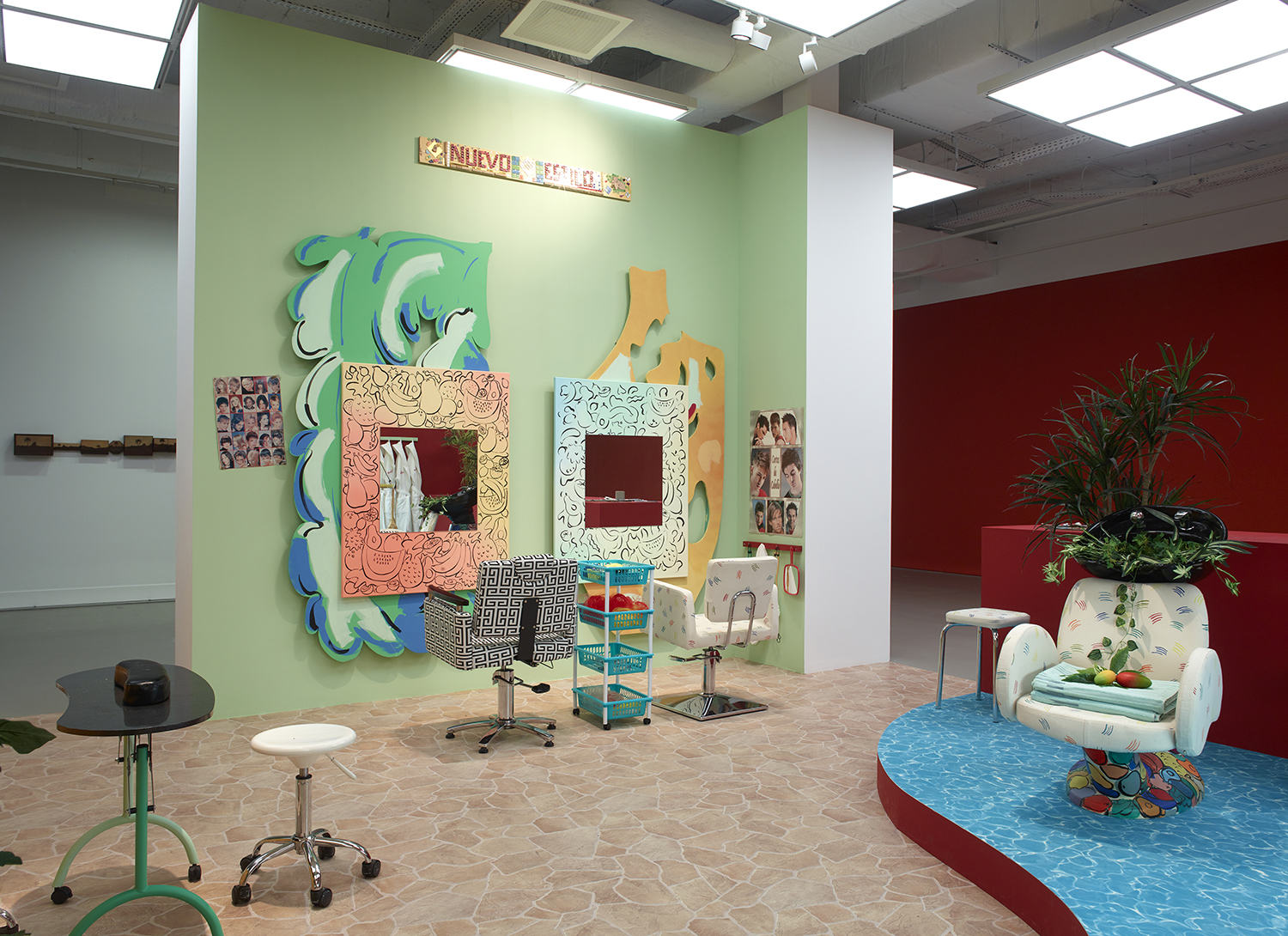“MECARÕ. Amazonia in the Petitgas Collection” at MO.CO. is the first institutional presentation of Catherine Petitgas’s collection. Forward-looking and versatile, London-based collector Catherine Petitgas is also an art historian. She co-edited Contemporary Art Brazil, Contemporary Art Mexico and Contemporary Art Colombia, all published by Thames & Hudson and TransGlobe. Petitgas has served on the board of several leading institutions, including Tate, since 2004, and she also chairs two important smaller organizations: Triangle Network and Fluxus Art Projects. From her collection, co-curators Vincent Honoré, Anna Kerekes, and Jacqueline Kok selected works by various artists with diverse practices including video, performance, photography, installation, and ceramics. For the opening of “MECARÕ” — which refers to “the spirit of the forest” in the indigenous language of the Krahô — an ice cream trolley was installed in the art center’s garden and lollipops in the shape of human organs were distributed. Opavivarà!’s participatory performance makes an operative strategy for decolonization through an uncanny take on cannibalism. Inside the building stands an immersive and synesthetic installation by Oswaldo Maciá consisting of a yellow room with speakers and a scent diffuser, alluding to the disappearance of wild orchids and the bees that pollinate them. The exhibition begins with concretist works from the 1960s and 1970s by Hélio Oiticica, Ivan Serpa, and Lygia Clark, whose iconic Bicho defies the idea of a sculpture as a static idealized form. The latter is one of the many women artists in the Petitgas collection, and her work is not often on view in Europe. Works by Erika Verzutti and Maria Nepomuceno are shown in dialogue with these historical figures. The next section is dedicated to urban habitats and their inherent chaos through the notion of gambiarra (“DIY” in Portuguese). Assemblages by Alexandre da Cunha are made out of everyday or found objects turned into minimal sculptures with spiritual significance. Photographs and sculptures by Paulo Nazareth highlight marginalized cultural legacies and non-Western cosmovisions. The exhibition continues with works by Manuela Ribadeneira, Claudia Andujar, Anna Bella Geiger, and Ernesto Neto, which address the consequences of colonialism and urgent environmental issues impacting the fate of Amazonia. Even though the last section is the one that is specifically dedicated to “tropical feminism,” with works by Sol Calero, Teresa Margolles and Sandra Gamarra, a sense of feminist commitment and local and global activism flows throughout the exhibition as a whole. The complexity of the works lies in their seductive and hybrid ambiguity. The exhibition reflects the visionary and adventurous spirit of Catherine Petitgas, whose collection is both historically grounded and sparklingly current.
19 May 2020, 1:00 pm CET
“MECARÕ. Amazonia in the Petitgas Collection” MO.CO. Montpellier Contemporain by Théo-Mario Coppola
by Théo-Mario Coppola May 19, 2020Invulnerable Vulnerabilities: Life and Art in the Time of the Virus
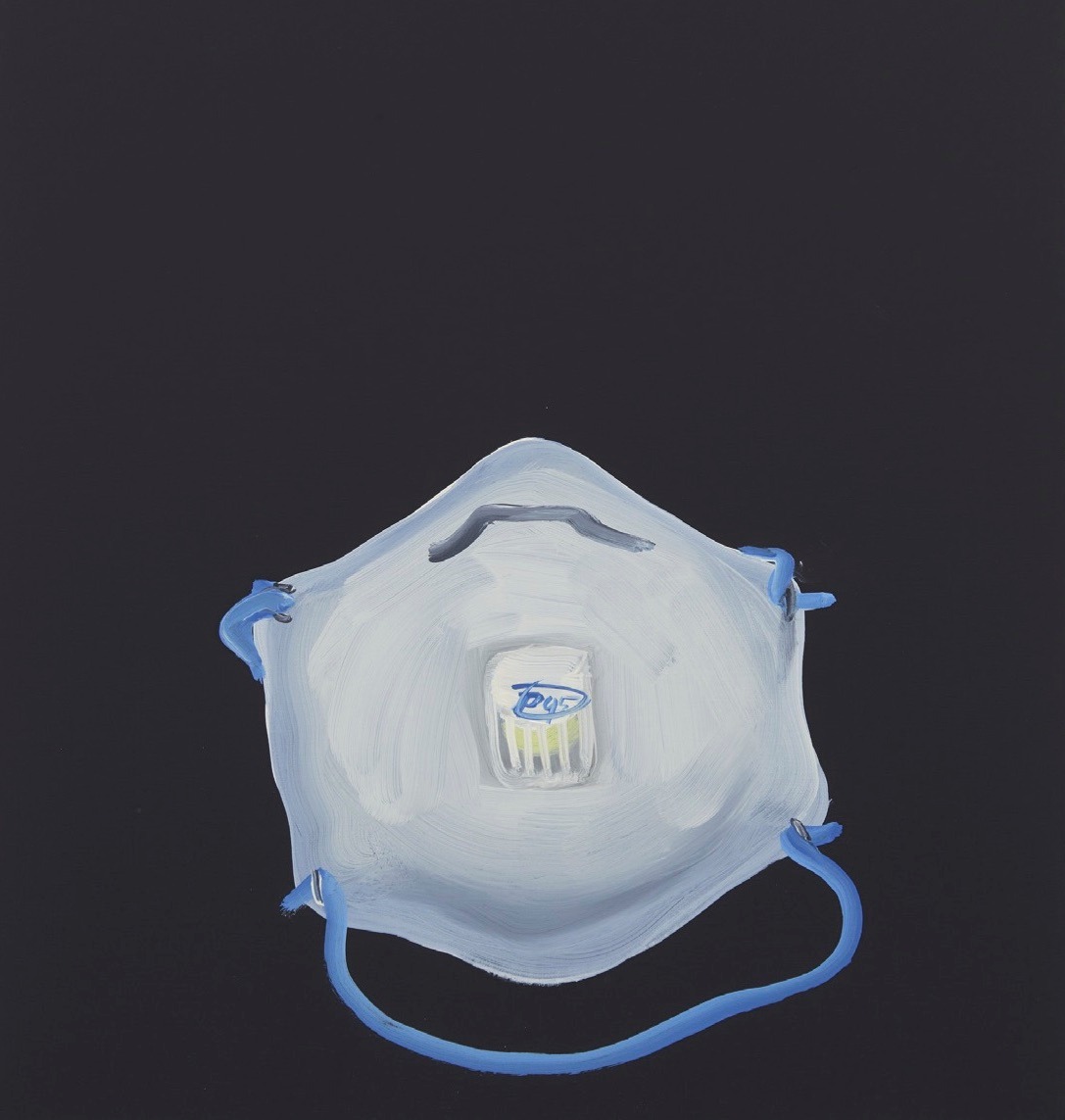
Nathaniel Mellors: We should talk about some of your work and the exhibition you’re working on for the museum. Tala…
Jana Euler: Contextual Painting in Times of Global Groundlessness
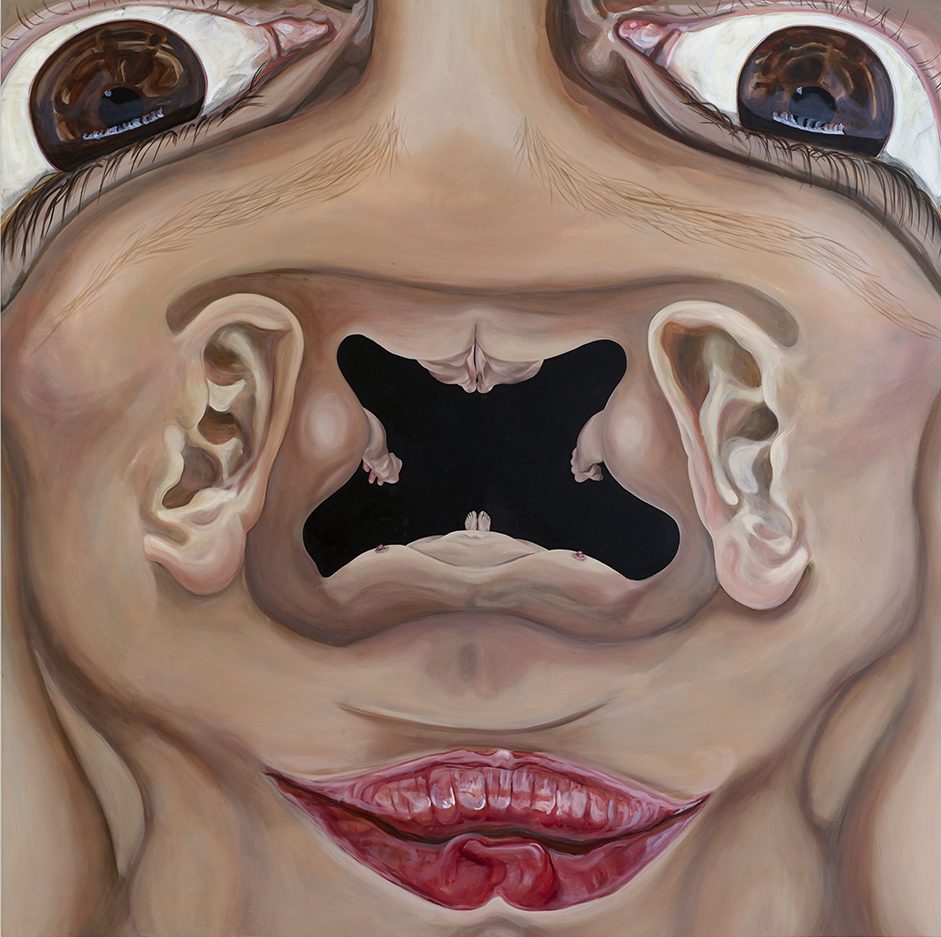
As much as an apt consideration about painting today would have been a welcome opening, there is an elephant in…
Emily Mae Smith: A Broom of One’s Own
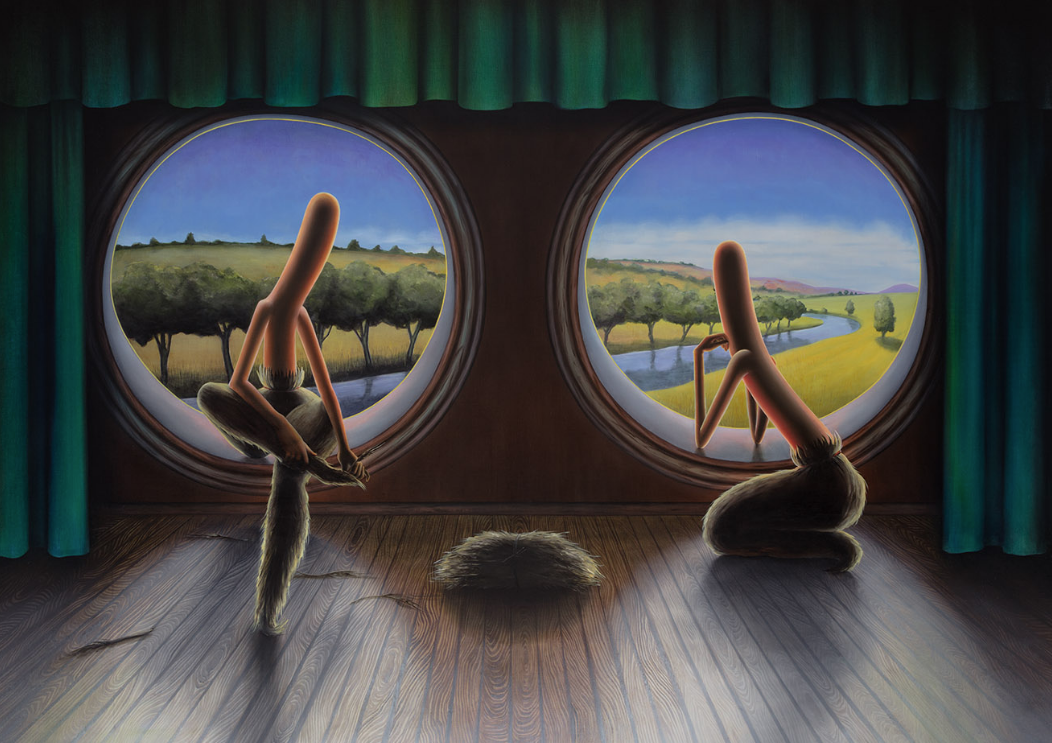
Fresh, febrile, shot through with humor and glamour, the paintings of Emily Mae Smith are reliquaries of art history and…
Maison Margiela Artisanal Apparel – Photography by Rudi Williams
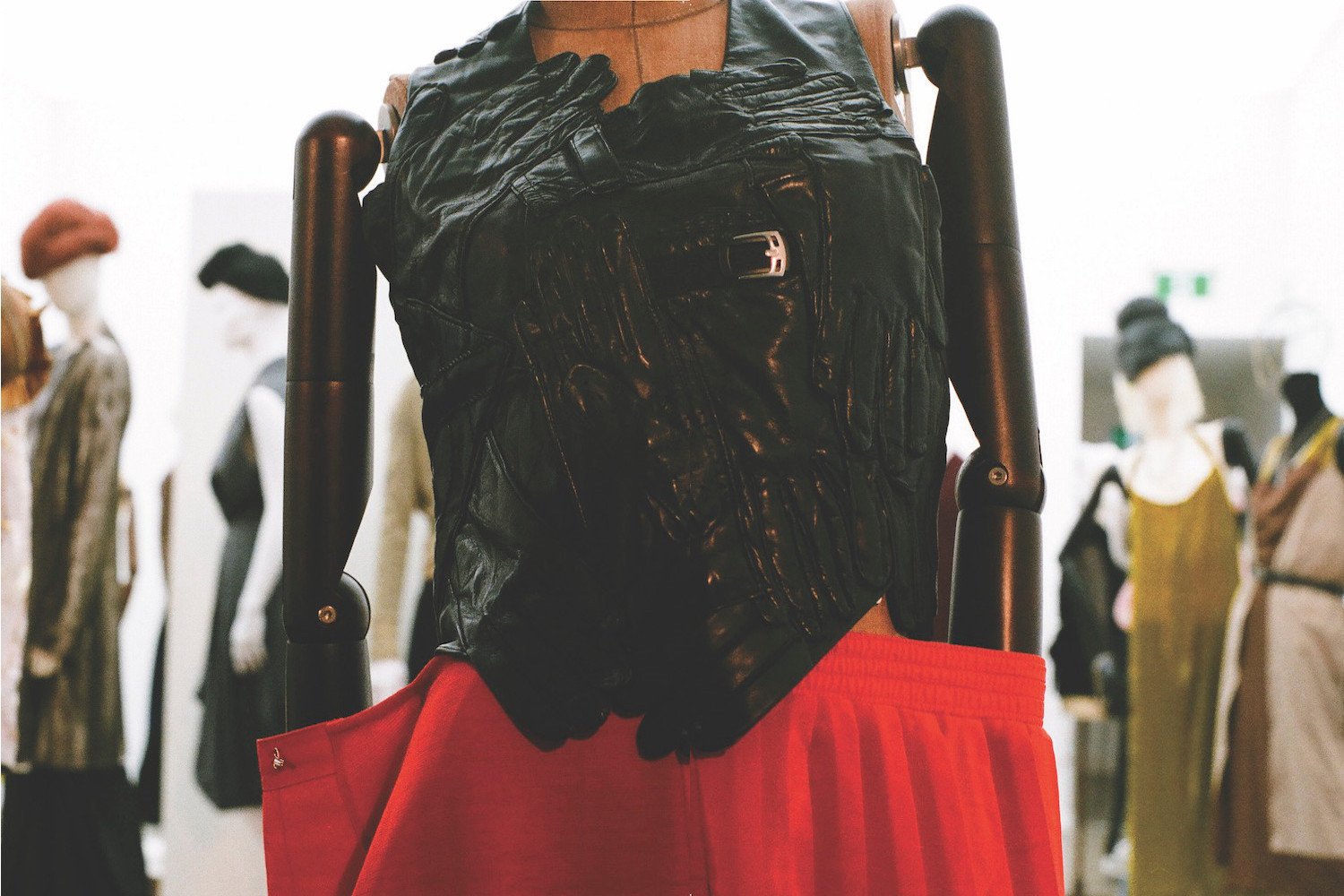
NewCostume is a column by Matthew Linde exploring contemporary fashion practice. Episode I: a visual essay by photographer Rudi Williams…

